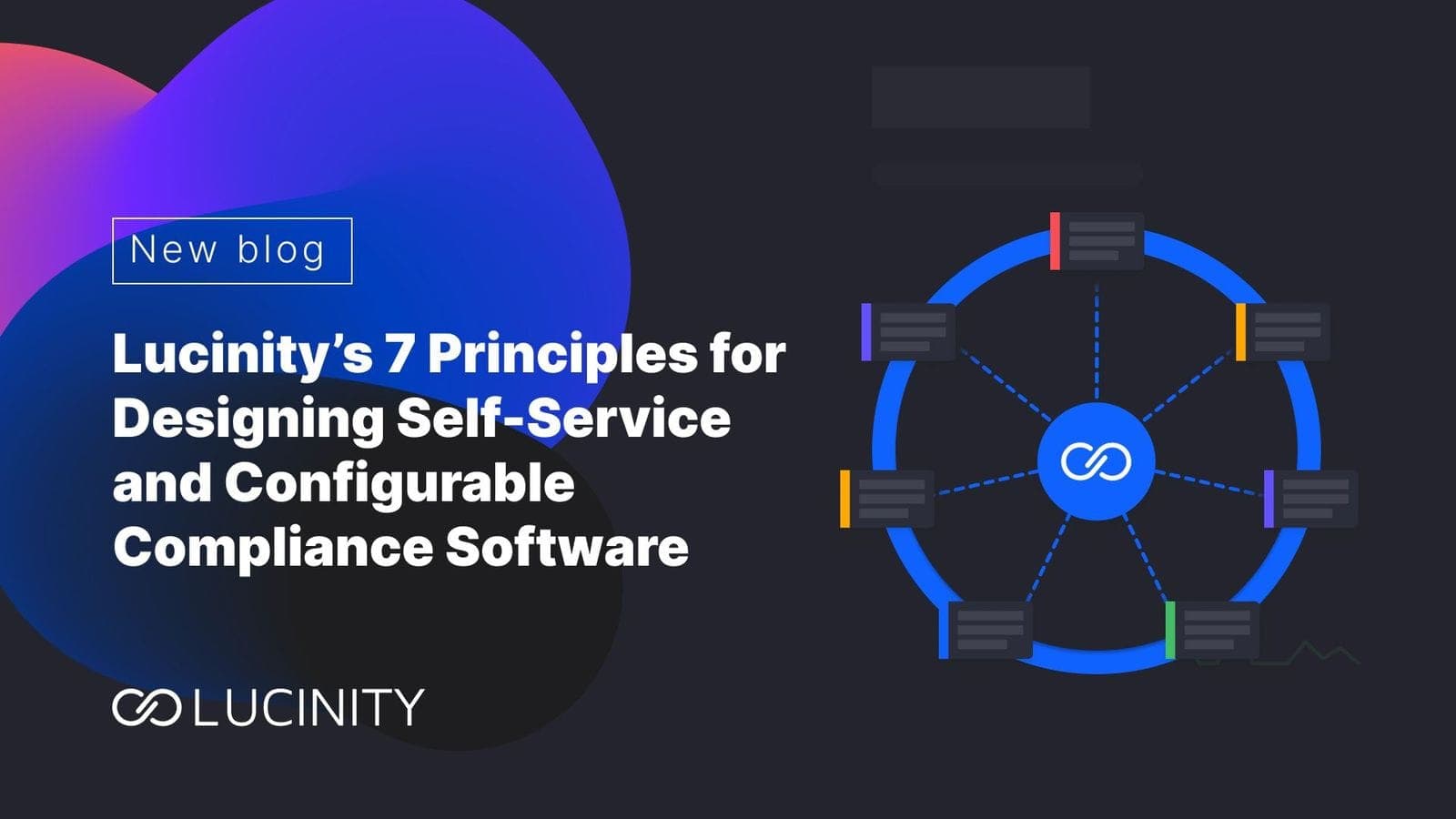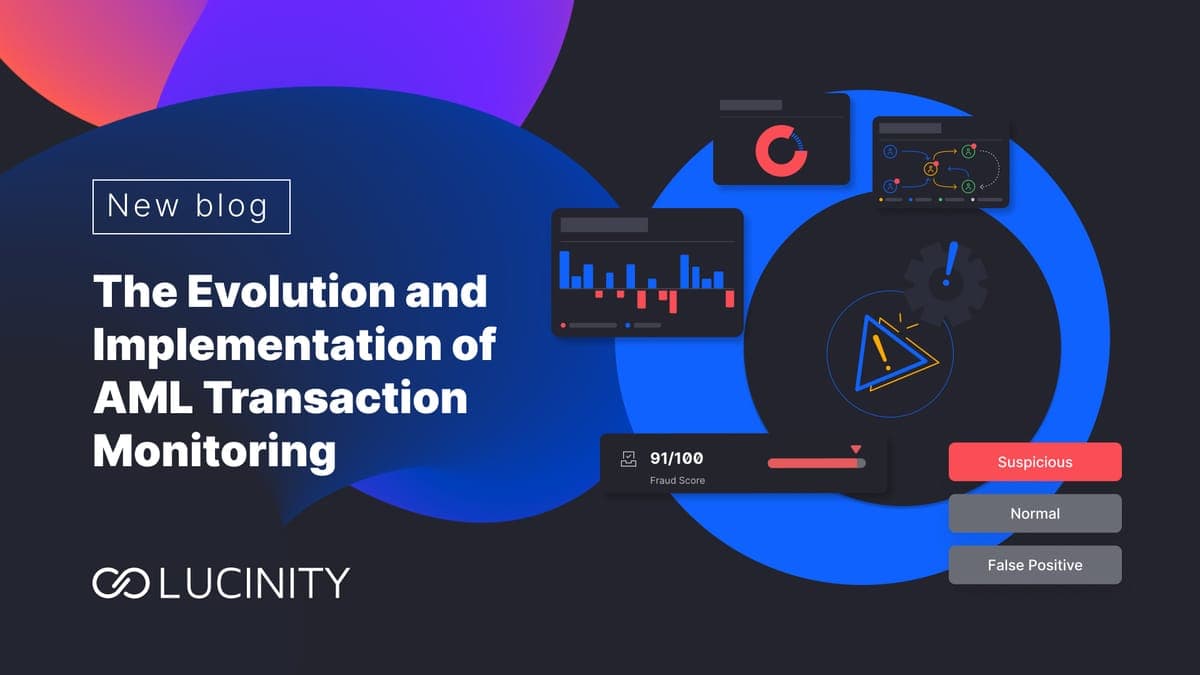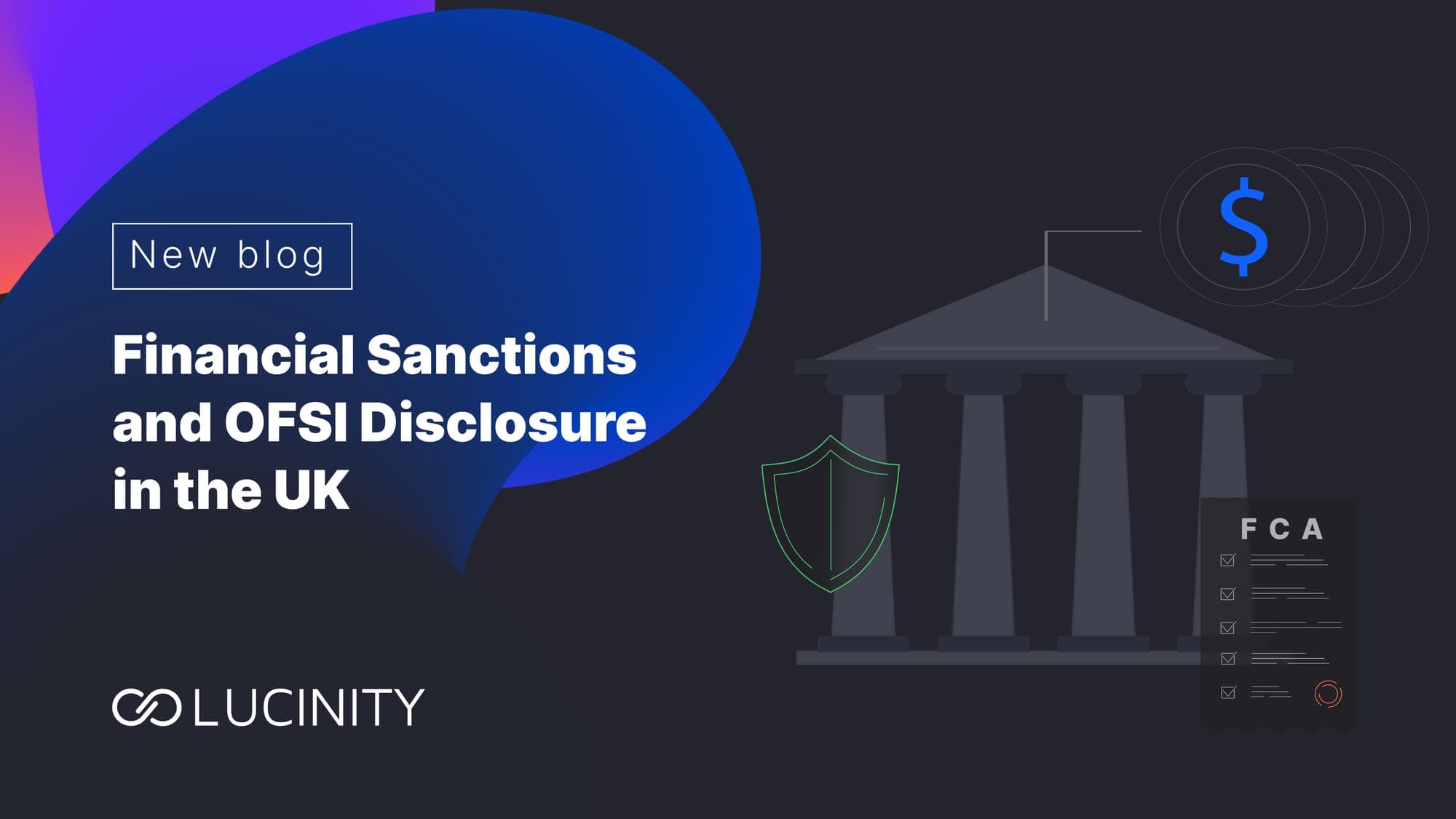Data Sharing to Prevent Financial Crime: Unlocking the Power of Collaboration
In this Payments Association Podcast, Lucinity and Starlex discuss the importance of data sharing, the challenges and solutions around data sharing, the importance of partnerships, and what we can do to facilitate better data sharing.
This Payments Association Podcast highlights the critical role of data sharing in combatting economic crime, building on the ongoing discussion initiated by the Payment Association's white paper, "Data Sharing to Prevent Economic Crime."
In this podcast, Nick Fleetwood, Head of Data Services at Form3, is joined by Francisco Mainez, FinCrime SME at Lucinity, and Chrissy Chorafa, the Founder and CEO of Starlex. Both Chrissy and Francisco have extensive experience in the financial services industry, and share their thoughts on data sharing to prevent financial crime.
The Importance of Data Sharing
Data sharing is vital in the battle against financial crime. Chrissy highlights the importance of connecting compliance and payment transaction data within organizations. This holistic approach helps detect money laundering and other financial crimes by uncovering patterns used by criminals who operate across institutions.
Francisco describes data sharing as the glue that brings the financial crime puzzle together. It provides a clearer picture for better situational awareness and reporting. Without successful data sharing, analysis can be distorted, hindering decision-making and the fight against financial crime.
Challenges & Solutions
Data sharing has significant operational implications, but legacy systems and cultural barriers pose challenges. Chrissy suggests using standards, like those in open banking, to encourage collaboration and innovation. Standardization ensures a consistent flow of data, making integration between institutions seamless. Francisco explains that data sharing is like a club—it needs value, accessibility, and growing participation. Standardizing security measures, APIs, and outcomes will encourage broader engagement.
Facilitating Effective Partnerships
Key stakeholders, including regulators, governments, financial institutions, APIs, vendors, and fintechs, play a vital role in facilitating data sharing partnerships. Public-private collaborations at national and international levels are crucial to promote consistency, standardization, and address regulatory concerns.
Call to Action
To make data sharing partnerships successful, open conversations and knowledge sharing among stakeholders are essential. Discussing success stories, challenges, and insights will drive effective data sharing practices. Initiatives like the Financial Crime Working Group provide a platform for these discussions.
Data sharing partnerships hold immense potential in preventing financial crime. By collaborating, standardizing, and integrating effectively, institutions can enhance detection capabilities and create a more secure financial landscape.
For more information, check out the white paper on "Data Sharing to Prevent Economic Crime" available on the Payment Association's website:
Project Aurora
Lucinity has recently also worked with the BIS Innovation Hub's Nordic Centre on Project Aurora, a proof of concept that explores new ways of combating money laundering through a variety of data sharing methodologies. The project highlights the benefits of a centralized approach that consolidates privacy-enhanced transaction data at a national level and promotes cross-border collaboration while respecting data privacy. Learn more about Project Aurora:


